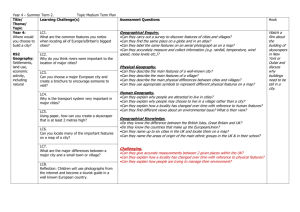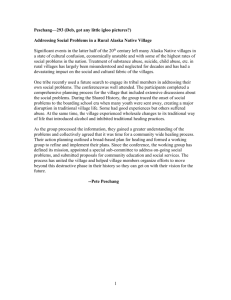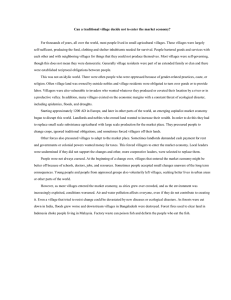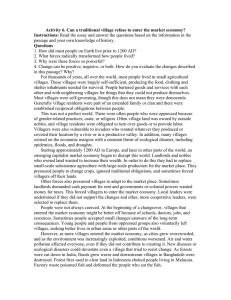The Effect of the Education of Politicians on Public Good Provision
advertisement
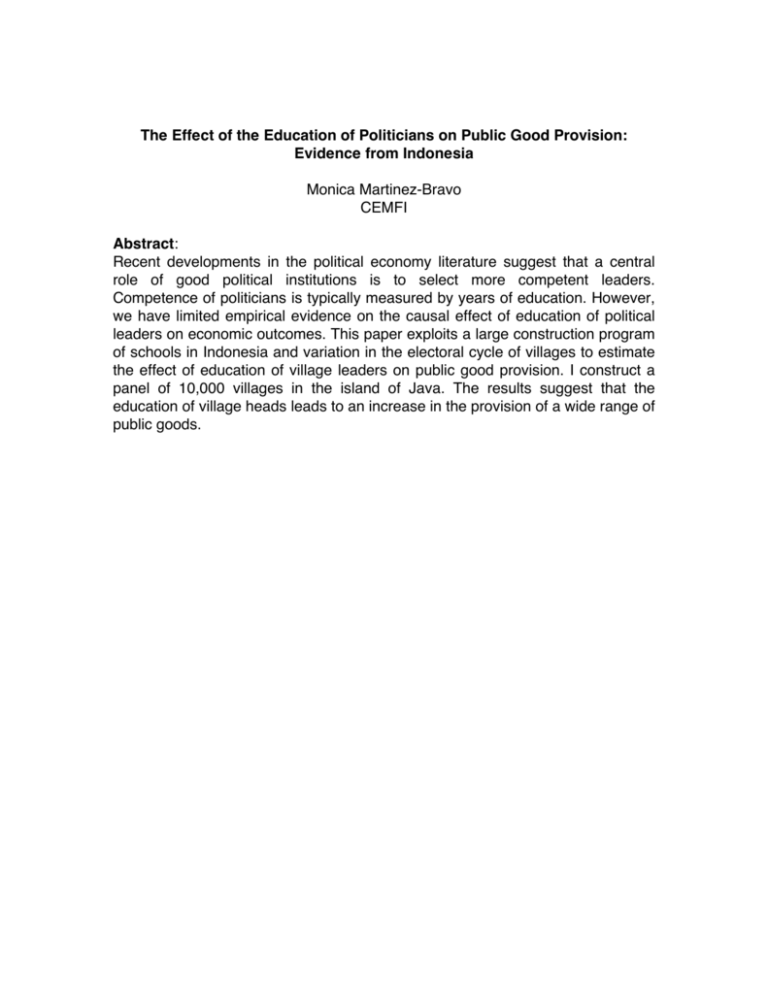
The Effect of the Education of Politicians on Public Good Provision: Evidence from Indonesia Monica Martinez-Bravo CEMFI Abstract: Recent developments in the political economy literature suggest that a central role of good political institutions is to select more competent leaders. Competence of politicians is typically measured by years of education. However, we have limited empirical evidence on the causal effect of education of political leaders on economic outcomes. This paper exploits a large construction program of schools in Indonesia and variation in the electoral cycle of villages to estimate the effect of education of village leaders on public good provision. I construct a panel of 10,000 villages in the island of Java. The results suggest that the education of village heads leads to an increase in the provision of a wide range of public goods.
